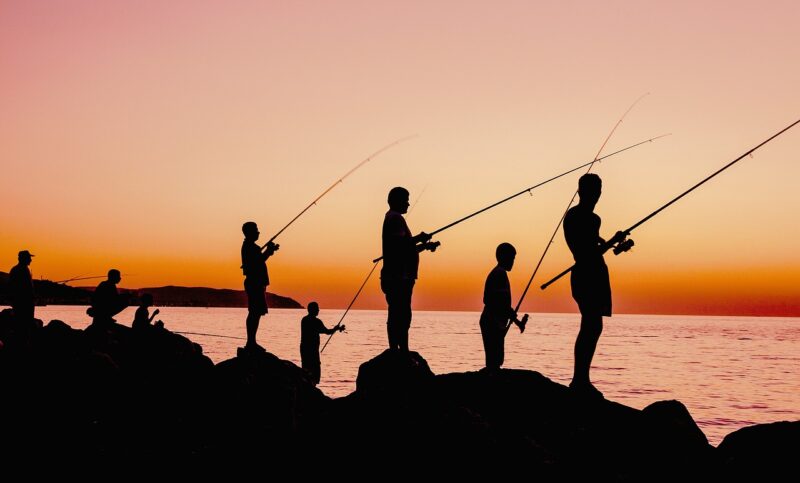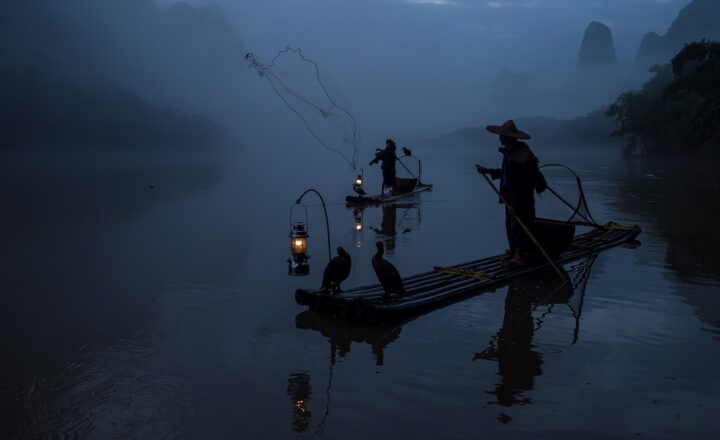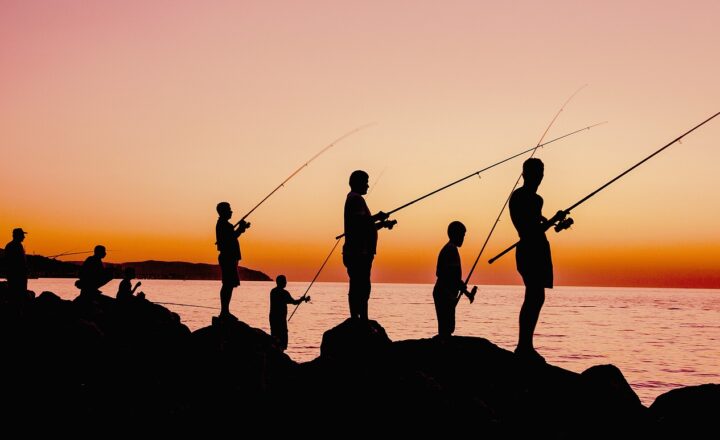Gone Fishing: The Cultural Significance of Fishing Across Different Societies
November 18, 2024

Fishing, often seen as a mere pastime, is imbued with deep cultural significance across various societies around the globe. From ancient civilizations to modern-day communities, fishing shapes social interactions, sustains livelihoods, and offers spiritual connections with nature. This article delves into the multifaceted roles that fishing plays within different cultures, providing an in-depth look at its significance, practices, and the communities it influences.
1. The Historical Roots of Fishing
Fishing dates back to the dawn of humanity, with archaeological evidence suggesting that fishing practices emerged as early as 40,000 years ago. For many prehistoric societies, fishing was essential for survival, providing sustenance and resources needed to thrive. Early fishing methods involved simple tools made from stones, bones, and wood, demonstrating a resourceful approach to harnessing nature.
In many cultures, fishing contributed to the development of settlements, as communities often formed around water sources rich in aquatic life. The abundance of fish led to trade, social organization, and the establishment of governance structures capable of managing resources effectively.
2. Fishing in Indigenous Cultures
Indigenous communities worldwide revere fishing as not just a source of food but as a practice interwoven with their identity, spirituality, and cultural heritage.
– Native American Tribes: Many North American tribes, such as the Gitxsan and Haida, incorporate fishing into their cultural narratives, known as “Fishing as a Way of Life.” River salmon, for instance, is considered sacred, symbolizing life and the gift of sustenance.
– Australian Aboriginal Communities: Fishing practices reflect a deep spirituality and connection to the land. Fishermen often follow traditional knowledge passed down through generations, ensuring sustainable practices are maintained.
These practices reinforce communal bonds, foster a sense of identity, and transmit cultural values to younger generations.
3. Fishing and Economic Sustainability
Fishing plays a pivotal economic role in many communities, particularly those located near coasts and rivers. Fishing as an economic activity not only sustains families but also supports broader industries such as tourism, commerce, and food production.
– Commercial Fishing: In many coastal areas, fishing has evolved into a booming industry, generating substantial revenue and providing employment. Countries like Norway, Japan, and Chile rely heavily on exports of seafood, which has become a critical component of their economies.
– Sustainable Fishing Practices: There is a growing movement toward sustainable fishing to maintain fish populations and ecological balance, driven by both ecological necessity and cultural values that prioritize respect for nature. Communities engaged in these practices often see fishing as a way to honor their ancestors and the natural world.
4. Fishing in Popular Culture
Fishing has permeated popular culture, appearing in literature, music, and film as a symbol of tranquility, challenge, and camaraderie. Fishing stories often reflect human experiences and relationships with nature.
– Literature: Many classic literary works, such as Hemingway’s “The Old Man and the Sea,” explore the profound bond between humans and the sea, portraying fishing as both a struggle against nature and a meditative practice. These narratives encapsulate the essence of perseverance, patience, and respect for the aquatic environment.
– Film and Music: Fishing has also found a place in films like “A River Runs Through It,” symbolizing the bond between family and nature. Folk songs often celebrate the joys and trials of fishing, reflecting its role in social gatherings and identity expression.
These cultural representations further cement fishing’s place in society, emphasizing its universal appeal and significance across different contexts.
5. Fishing as a Spiritual Connection
In many cultures, fishing is perceived as a spiritual practice, creating a bridge between humanity and the divine or nature. Many fishermen regard the act of fishing as a meditative ritual, fostering tranquility and inner peace.
– Asian Practices: In Japan, fishing is often associated with Shinto beliefs, embodying respect for the spirits of nature. Fishermen may perform rituals before embarking on their voyages to honor the deities of the sea.
– Fishermen’s Prayers and Traditions: Coastal communities in various parts of the world engage in communal prayers before fishing expeditions, seeking blessings for a bountiful catch and safe returns.
These practices underline the intertwining of fishing with spirituality, ethics, and respect for the natural world.
Conclusion
Fishing transcends its basic definition of catching fish, emerging as a powerful cultural symbol that unites communities, sustains economies, and fosters individual connections to the earth and spirituality. Whether through indigenous traditions, economic practices, or the representation of fishing in media and art, its significance reverberates across societies. As we recognize and respect the cultural importance of fishing, we’re reminded of our collective responsibility to ensure its sustainability for future generations, bridging the past and the future through this time-honored practice.
As we reel in from our exploration of fishing’s cultural significance, let us celebrate its enduring legacy across the globe and honor those who cultivate this rich and meaningful tradition.








